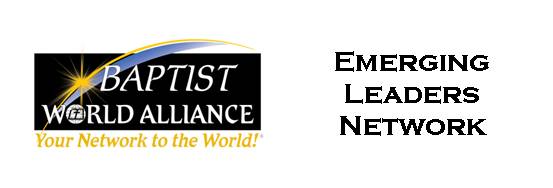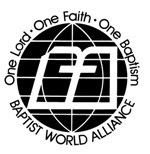By Elijah M. Brown
Last week, on Saturday, June 20, the world once again commemorated the annual World Refugee Day (http://www.unhcr.org/pages/49c3646c46d.html). Under the banner: “Real People, Real Needs,” we were reminded that there are still 42 million uprooted people around the world, many of whom face a “shortage or lack of the essentials of life – clean water, food… and protection from violence and abuse.”
These are real people with real needs. And you and I can make a difference.
Behind the overwhelming numerical statistics are individuals who can be influenced by individuals. One connecting with one.
And the Bible is no stranger to promoting the potential of one in partnership with the displaced and uprooted. The book of Ruth is a case study in such an ethic.
Ruth is the story of a young woman who found herself in Israel, a country that differed in culture, religion and background from the one in which she was raised. And what is more, there was a long history of suspicion, hostility and violent armed conflict between the peoples of Moab and Judah. Imagine yourself as a young, single woman with the responsibility of providing for an older relative, with only limited access to land or finances, separated from family and friends, and suspiciously viewed with ethnic hostility in all of your daily interactions.
Ruth was forced to glean the leftover grain that was first missed by harvesters and servants, and it is in this context of difficultly and poverty that the Biblical story introduces Boaz. Having compassion, Boaz extended an open hand to Ruth and helped her with financial and material goods. Over the course of the grain and barley harvests this initial relationship grew.
Ruth is usually told as a story of love and marriage or as a foreshadowed celebration of King David or of Christ himself. These interpretations may be true. But what is often lost in these themes is the reality that this is a story about crossing boundaries, of an immigrant who came from a country that was deemed “suspicious,” about showing compassion and financial generosity specifically to the displaced within our communities.
There are 42 million living as displaced in our world today. Ruth reminds us that these are real people with real needs and that while we each have a Biblical ethic to be generous with our resources, we are also given the opportunity for something so much deeper: friendship.
Real people, real needs. One connecting with one.
June 25, 2009
Subscribe to:
Post Comments (Atom)





No comments:
Post a Comment